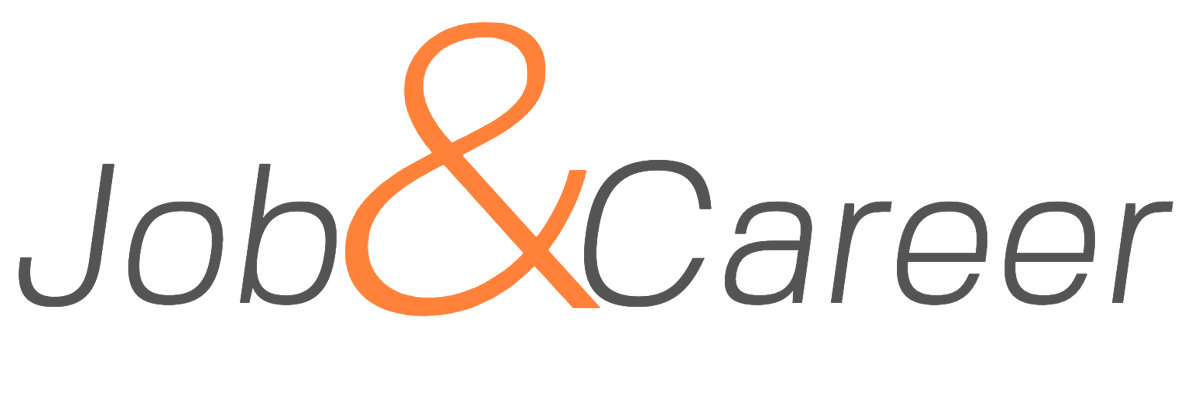It is important to prepare in the best way possible for any job interview. This also means preparing for the questions you might get asked by the people on the other side of the table. In this article, I will give you advice on how to answer questions, and some examples of the thoughts that might go into answering some specific questions.
I want to encourage you to start by taking a look at the job posting for the job you are interviewing for. You might find that a lot of the questions you will get at the interview will stem from the requirements they have for you in the job.
At the end of the article, you will find the Youtube video: Job Interview Hacks: How to Stand Out and Land Your Dream Job, as well as a list of other questions you might get asked at the job interview. Look at the ones that you think would be relevant for you and prep for those.
Some of the most important things to remember for a job interview:
Be honest – I am not telling you to spill the beans on everything like you recently did something stupid at your current work or that you are mad at your partner. Keep it professional! That means that if asked about something, you do not lie, but it is also ok to tell your version of a story and not tell a story at all if no one asks.
It’s a conversation – In Denmark, we also call the job interview a Jobsamtale (job conversation), which makes more sense. This is also an opportunity for you, so when you answer their questions, be curious and ask questions back.
Read my article What Questions to Ask at the job interview? for inspiration.
Be prepared – Do the very best you can to prepare. You want to give good and easy-to-follow examples. You can do so by following the PARR method: Problem, Action, Result, Relation, when answering questions. Let me know if you want to me elaborate on this framework in a later article.
Do not speak ill of others – especially your current or former employer. So you need to prepare well for questions related to this. I will share more thoughts on this later.
Examples of questions and how to answer them
Can you tell me about yourself?
This might be the most asked interview question out there. And probably also the most hated. However, there is no reason to hate it, you just need to know how to answer it.
It’s all about the value you bring to the company. Most people start their answer by telling the interviewers about things like where they live, and what education they have as well as if he/she has a family. However this is not the answer the interviewer is looking for, it might be the one they expect though. The answer that will positively surprise the interviewer the most will be the one that has the company and/or position thought into the answer.
When you answer this question, keep in mind, who are you in relation to the company and the position you are applying for. This questions can be answer in a lot of different ways, but here is an example:

Why are you interested in this position?
Here the answer will be focused on the company or the position, and the interesting opportunities this will provide for you combined with what you can add to the company. This means that you are also interested in the position because of the value you are looking forward to creating for the company.
In my former job, we had an interviewee who we asked this question he failed massively. He was for sure just being honest, but the answer is never ‘I just want to earn some money’. Answering that way does not give the impression that you will be an asset to the company.
What are your strengths and weaknesses?
When preparing for this question, which usually comes in one form or another, jump back to the job posting. When you are looking at the requirements and the tasks of the job, what are some strengths you have that can match these things? Write down an experience that tells each of these, so that you have options when they ask.
In terms of weaknesses, this is often a bit more difficult, because you do not want to scare them away, but you also do not want to say something that is actually a strength in disguise. So think about the weakness as being something you are working on getting better at. It has to be related to the job, but not some of the core tasks in the job.
Answering this question well shows that you know yourself and that you are willing to work on getting better at the things you are not great at yet. This tells the company that even if there are some things you cannot do yet, you are willing to learn if the job requires it.
Why did you leave your previous job (or why are you planning to leave your current job)?
As I mentioned earlier honesty is important, especially here, but do not overshare. Sometimes we leave a job due to issues with a manager, even if this was the case, do not speak negatively about your former boss or workplace. It will make them think about how you will talk about them and their company later on. Here are some ideas of how you could answer this question:
– I am looking for new/other challenges, as I feel there is no more room for me to grow in my current job.
– I am not actively looking for a new job, as I like my current one. However, when an opportunity like this showed up, I had to apply, as I see this as the next step in my career/as my dream position.
– The company I currently work for hired a new management team, who have other values than me. I think it is important that my values align with the company and people I work with, to be able to create the best results for everyone.
– The company has gone through a change in strategic focus, and I do not see myself fitting into this focus.
– The company had to let go of several people, and as I was the last person to get hired, I was let go. I am sad about the situation, but I understand that this had to be done for the company to thrive going forward.
Other questions
Below is a list of other questions you might get asked. Let me know if you would like me to elaborate on some answers you would give on any of them.

How do you handle stress and pressure?
Describe a challenging situation you faced at work and how you resolved it.
How do you prioritize tasks and manage your time?
Tell me about a time when you had to work collaboratively in a team.
How do you handle constructive criticism?
Where do you see yourself in five years?
How do you stay updated and informed about industry trends?
How do you handle difficult or demanding clients?
What motivates you in your work?
Describe a time when you had to meet a tight deadline.
How do you handle ambiguity or uncertainty in your work?
Can you provide an example of a successful project you worked on?
How do you handle conflicts in the workplace?
What steps do you take to ensure attention to detail in your work?
How do you adapt to changes or new situations?
Tell me about a time when you took initiative or demonstrated leadership.
How do you handle feedback from supervisors or managers?
Describe your problem-solving skills and approach.
What is your preferred working style or environment?
How do you handle multiple tasks or projects simultaneously?
Can you provide an example of a time when you went above and beyond for a customer or client?
How do you handle failure or setbacks?
Describe a time when you had to persuade or influence others to see your point of view.
How do you stay organized and stay on top of deadlines?
Do you have any questions for us?

Thank you for reading, I hope you got value from this article.
/Diana Lund Nordstrøm
You can sign up for my email list and get notified when I post new articles or videos, as well as host networking events, and more.
Remember to confirm your email address, or you will not receive the newsletters.


